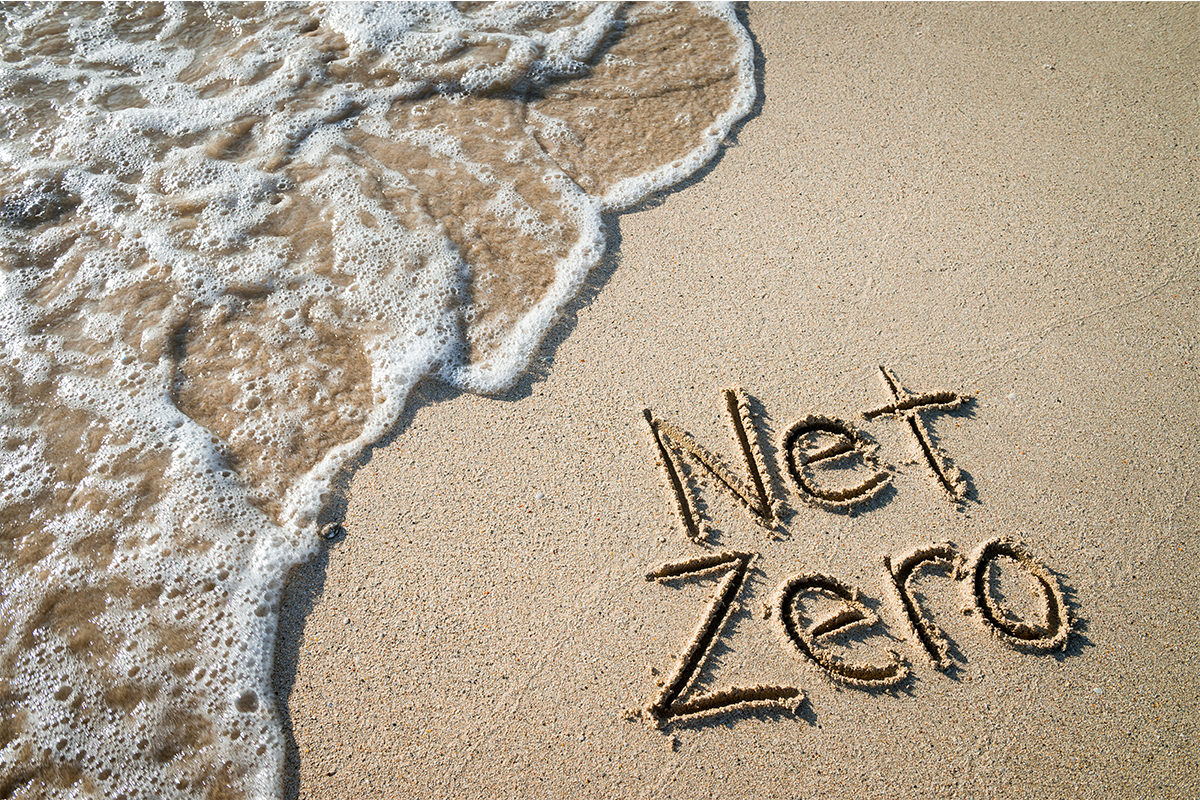Brands continue to drop carbon neutral claims on the quiet and in the current climate of confusion and controversy you can understand why. By David Burrows.
It is almost four months since we revealed that Leon was “phasing out” its carbon neutral claims on burgers and fries. Plenty has happened since: Sodexo, Nestlé and Evian have all made similar moves and last week came news, via The Grocer, that the Carbon Trust has dumped its carbon neutral labelling scheme and will now run four new consumer-facing labels linked to carbon reductions and comparisons between products (more on that in The Friday Digest).
Other certification providers have made similar moves. And I am sure there are more companies out there who have quietly stepped away from buying carbon credits to claim carbon neutrality.
Scrutiny of the offsets being used is certainly intense. The year kicked off with The Guardian’s investigation claiming that 90% of the offsets sold by Verra, the world’s biggest certifier, were “worthless”. Some of the research used has just been published in the journal Science: “We found that most projects have not significantly reduced deforestation,” the authors wrote.
Verra has rebutted some of the claims made and questioned the sample size of projects assessed. It also points to new methodologies that are under development and an update to the verified carbon standard programme. There are a host of webinars on the topic taking place this month.
Others involved in offset schemes have also fought their corner. “We recognise that few (if any) such global schemes are perfect,” noted the World Land Trust which currently provides offsets through four projects.“However, the real issue here is that funding for forest conservation has, for decades, been far below what’s required to protect these vital parts of Earth’s life support system.”
Meanwhile some carbon credit rating agencies have backed the researchers. “[…] if buyers are using credits to offset their emissions, then we cannot turn a blind eye to the real emission reduction impact that carbon projects are making,” noted Calyx Global in a blog last month.
NGOs – who have long questioned the use of offsets to claim carbon neutrality and who are buoyed by proposals in Europe to ban them – are also keen to keep the issue firmly in the spotlight. Carbon Market Watch has just published a briefing paper on the carbon credit rating agencies, like Calyx, which take different approaches and use differing grading scales that likely only adds to the confusion. The fact so few credits receive a high score is however telling. “[…] it proves that the idea that emissions can be offset or compensated for using carbon credits is an illusion”, explained CMW carbon market expert Benja Faecks.
So, what we have is a simple marketing message – carbon neutral – that appears to be a lot more complicated and controversial than it first looked. And the narrative now is: all such claims are bad and so too are all offsets. If only it were that simple.
Some of those I have spoken to are particularly miffed by what they see as a media witch-hunt, led by The Guardian, which has seen corporates who are already backpedalling from net-zero commitments and plastic reduction targets pull the plug on what is perceived to be another planet-saving dud.
Indeed, for all the desperate scrabbling to tighten the rules within the voluntary carbon market, very little has yet changed. “If you believe you don’t have a problem, there’s obviously no reason to address the problem,” Thales West, lead author of the Science paper and assistant professor at Vrije Universiteit Amsterdam, told me.
Clearly there is a problem with (many of?) these claims and (many of?) the credits and certifications that underpin them. Companies need to sort the wheat from the chaff so you can maybe understand why they are keeping quiet as they do so.














